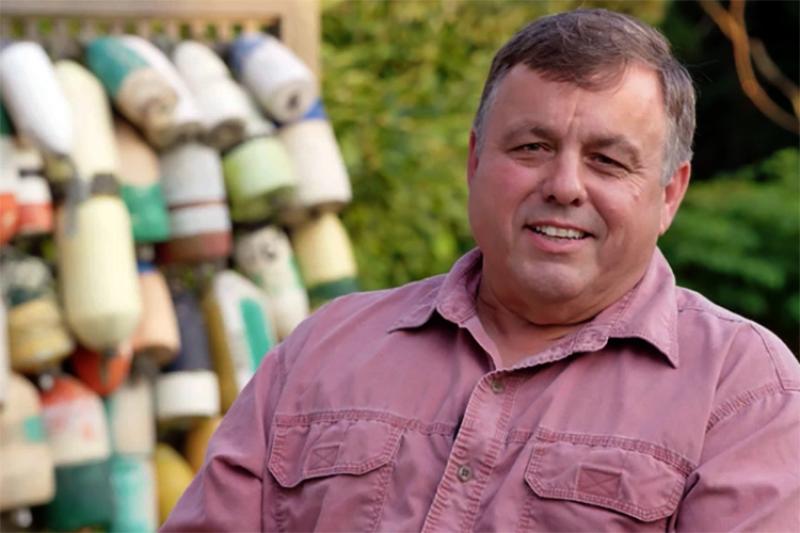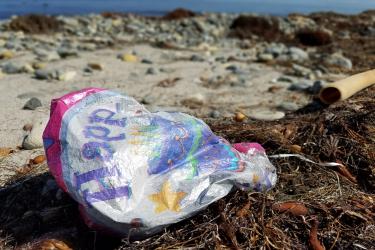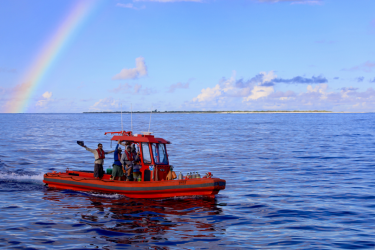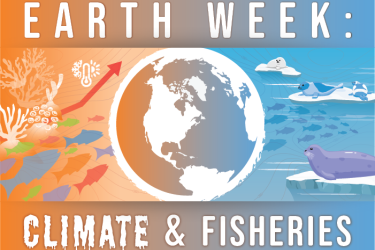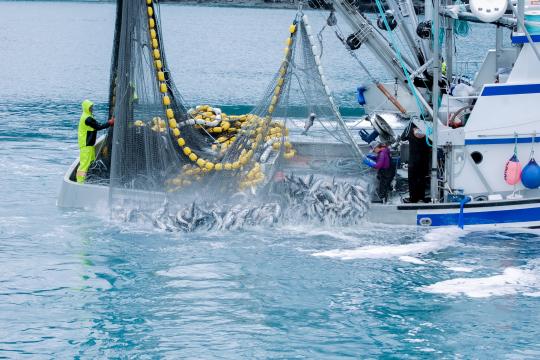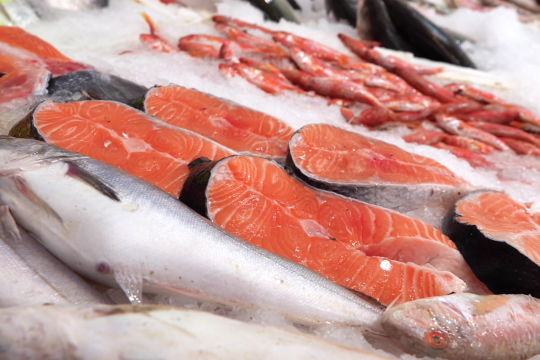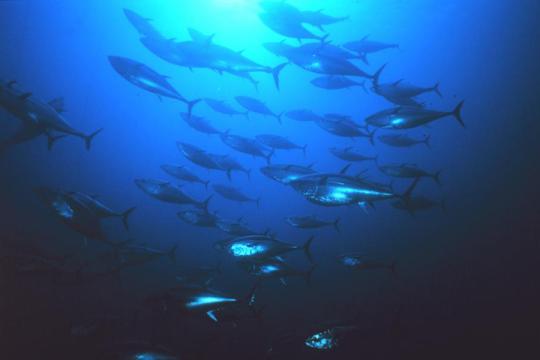I'm Christopher Brown, a commercial fisherman from Point Judith, Rhode Island, and the President of the East Farm Commercial Fisheries Center. In just one building, we have commercial lobstermen, trawler-men, scallopers, dragger-men, charter boat captains, and a research foundation. It's one-of-a-kind in the country, and we're awfully proud of our unity.
Watch our video interview with Chris Brown:
When did you learn about fishing?
I've been doing this for...well, I graduated high school in 1976 and I had probably 10 years of hanging around my grandfather before then...so it's been a really long time. My grandfather bought his boat, the Lucy M, when I was 6 or 7 years old, and I just fell in love with it immediately. My grandfather was a really cool guy. He instilled in me a number of ethics, values, and core principles that are with me to this day. Among those are conservation, don't be wasteful, and personal responsibility.
What methods do you use to fish?
I fish a bottom trawl. But to say I just fish a bottom trawl is like saying you just swing a golf club at a golf ball. I've got a lot of clubs in my bag. We have bottom trawl nets that are designed to catch everything on the bottom and let juvenile flounders go. We fish with gear that's designed to miss flounders at times and capture other things. We try to be as selective and surgical as we can.

The ocean that I fish in now is not my grandfather's ocean. The ocean in and around Point Judith in the summertime was predominated years ago by whiting and hake and winter flounder and lobsters. And now it is predominated by scup and sea bass and squid--it became a completely different ocean in the course of 40 years. That is such a short period of time for those radical changes to occur, but they have.
Years ago, the goal was to catch everything at once. And we got good at that. And now it's to our advantage to just catch one or two things at a time, avoiding all the rest. So the objectives have changed, but you're still applying the same thought processes and skill sets for a different outcome.
What has not changed is that there is opportunity in all of it. Fishermen need to focus on what they can do and not what they can't. You never know when you're going to have a good day. Long gone are the days of fishermen being hunters and gatherers. We have transitioned to businessmen.
Why are sustainable fisheries and effective management important to preserve these resources for future generations?
In the late 1980s and early 1990s we had a series of years when we had fished things pretty much down. We had not really done right by ourselves. Our government had invested heavily in the fishery. Without the advice and consent and approval of science, we didn't know what the stocks could bear, and we built too many boats. We doubled the size of the fleet in New England and tripled the catch. So over the course of time the stocks fell apart--and a lot of families with it.
Management--expressed in terms of restraint--is a desire to thrive. You have to understand that it's a fragile balancing act; to achieve success next year, sometimes you have to take it in the teeth this year.
It is my obligation to make sure that same opportunity exists tomorrow for a kid I don't even know yet. So maybe that is what sets fishermen apart--that intergenerational loyalty. Not everybody meets it with a smile on their face, but we all take prescriptive cuts in order to make it work. It's the greatest business in the world and it's worth it.

I think the United States manages our fisheries far better than any other nation. In many countries, abundant stocks and great catches are nothing more than a memory that only the oldest people in the village or town can recall. We still have great, great, great shoals of fish. Our fisheries are a national treasure. And when we succeed, when we have great catches and we have healthy stocks, it's a victory for the entire nation. When we do the things necessary to put fishermen in the presence of enormous abundance and the result is reasonably priced, high-quality protein available to everybody in this country, everybody needs to take a bow.
It is absolutely critical that the American consumer continue to raise their game up and understand the U.S. standards for sustainably harvesting fish are ethically superior to any harvesting standards in the world.
I think American seafood is the greatest in the world, and I think it makes our local economy strong. It is something we should celebrate on a daily basis. Any fish harvested in conjunction with the Magnuson Act should be eaten. Rest assured that the limits we harvest are safe, and that at the end of the year when we get done catching them, and you get done eating them, there's more in the water than when we started. That should be the take-home message to the American consumer.
What is your favorite fish?
Of all the fish that I catch, I think my favorite is fluke. It was always a high-dollar-value fish and my grandfather would never let us bring it home because he was thrifty beyond compare. So when we did get to bring fluke home it was pretty cool. And I just developed a taste for it. It's mild and wonderful. We eat fish all the time. Can't say enough good about it.
